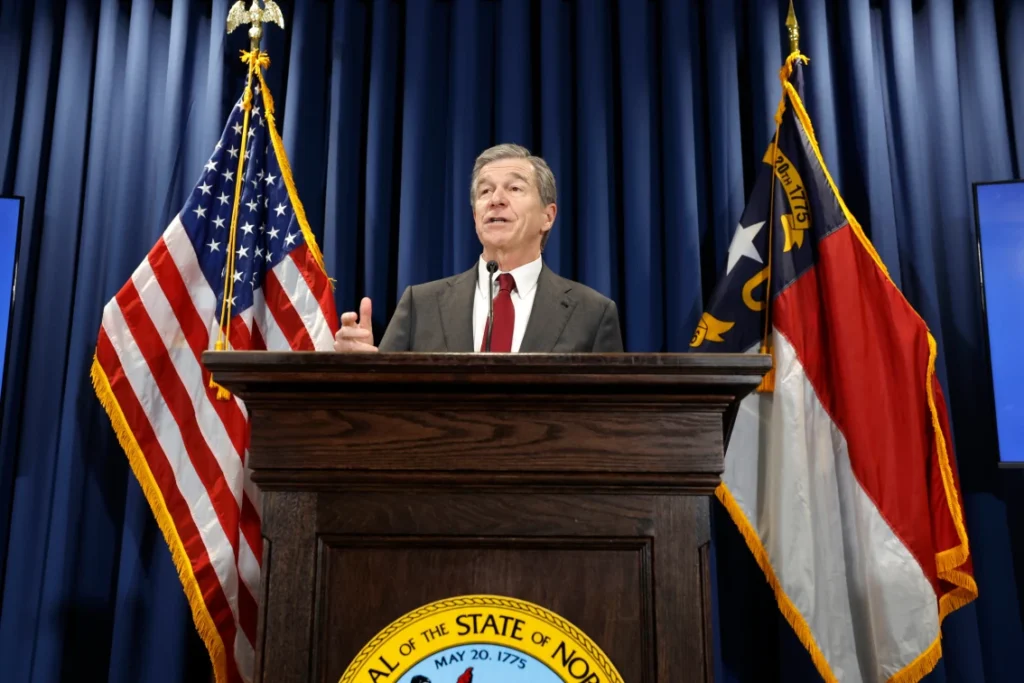
The North Carolina General Assembly recently approved a bill to bar the state from implementing any forthcoming central bank digital currency (CBDC) that could potentially be introduced by the United States Federal Reserve. This decision was made despite Governor Roy Cooper’s veto, which was overridden by the Senate.
In early September, the Republican-led Senate endorsed House Bill 690 with a 27–17 vote, barely achieving the 60% majority needed to surpass Cooper’s veto and turn the bill into law. This comes after North Carolina’s House of Representatives had previously voted to reject Cooper’s veto in early August with a 73–41 vote.
The now authorized bill prevents North Carolina from accepting CBDCs as a valid form of payment. It also stops the state from becoming involved in potential future studies of CBDCs managed by any Federal Reserve branch.
Governor Cooper’s veto in July was preceded by a predominantly supported 109–4 vote in the House and a 39–5 vote in the Senate a month earlier. During the recent Senate vote that led to the bill becoming law, twelve Democrats deserted their initial support in favor of Cooper’s veto.
CBDCs have been the subject of ongoing discourse and research by the Federal Reserve. However, Chairman Jerome Powell indicated in July that there were no significant developments regarding a US-issued CBDC. In a March Senate Banking Committee hearing, he stated that the US was far from advising or adopting a central bank digital currency in any form. Despite these reassurances, the US House passed the CBDC Anti-Surveillance State Act in May, and a partner bill was introduced to the Senate by Senator Ted Cruz.